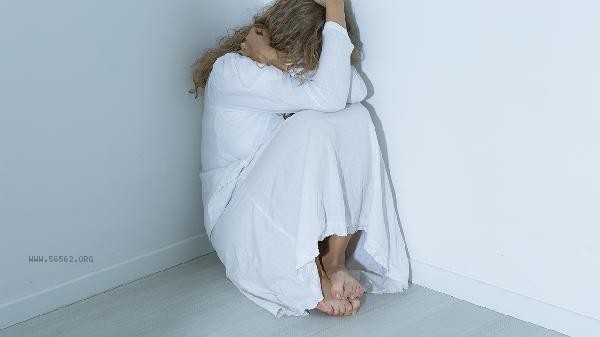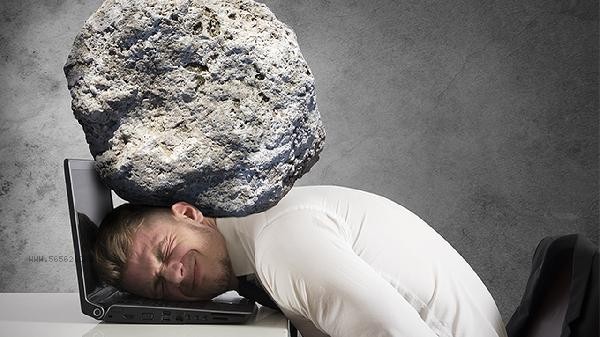Mild depression can be intervened through psychological therapy, lifestyle adjustments, social support, light therapy, and traditional Chinese medicine regulation. Most patients can relieve symptoms without medication, but continuous attention to emotional changes is needed.

1. Psychotherapy
Cognitive behavioral therapy is the preferred intervention method, which improves emotions by identifying and correcting negative thinking patterns. Counseling 1-2 times a week for 8-12 weeks can significantly alleviate depression in mild patients. Focusing on short-term treatment is suitable for addressing depression caused by clear stressors and guiding patients to establish specific action goals.
2. Lifestyle Adjustment
Regular exercise can promote the secretion of endorphins. It is recommended to engage in 3-5 aerobic exercises per week, such as brisk walking or swimming. Maintaining 7-8 hours of high-quality sleep is crucial for emotional regulation and can be improved in conjunction with sleep hygiene habits. The Mediterranean dietary pattern helps stabilize emotions and increases intake of anti-inflammatory foods such as deep-sea fish and nuts.
3. Social Support
Joining a depression support group can reduce feelings of shame, and group therapy provides emotional resonance space. Regularly engage in quality social activities with family and friends to avoid long-term self isolation. Pet companionship therapy can alleviate loneliness, especially suitable for patients living alone.

4. Phototherapy
Seasonal depression patients can use a 10000 lux light box and be exposed to light for 30 minutes in the morning every day. Increase outdoor sunlight exposure time and improve circadian rhythm by regulating melatonin secretion. The indoor working environment should ensure sufficient natural light exposure.
5. Traditional Chinese Medicine Treatment
Xiaoyao San is suitable for depression of liver qi stagnation type and can alleviate symptoms of chest tightness and rib pain. Gan Mai Da Zao Tang is effective in treating emotional depression caused by heart and spleen deficiency. The use of traditional Chinese medicine requires diagnosis and treatment by a traditional Chinese medicine practitioner, avoiding self compatibility. Establishing a stable lifestyle rhythm is crucial for the recovery of mild depression, and it is recommended to set a fixed time for waking up and dining to avoid day night inversion. Develop mindfulness meditation habits and practice 10-15 minutes of breathing exercises every day. Keeping an emotional diary helps identify triggering factors and can be combined with a list of enjoyable activities to enhance positive experiences. If symptoms persist for more than 2 months or suicidal thoughts occur, timely referral to a psychiatrist for evaluation is necessary. During the rehabilitation period, alcohol and caffeine intake should be reduced, and attention should be paid to monitoring one's own emotional fluctuations.





Comments (0)
Leave a Comment
No comments yet
Be the first to share your thoughts!